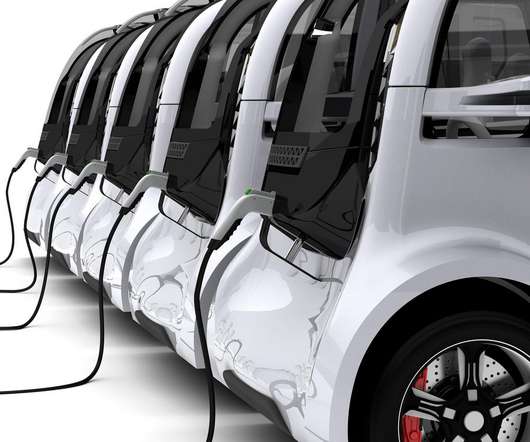New sensor tech for commercial Lithium-ion batteries could support >5x faster charging without compromising safety
Green Car Congress
FEBRUARY 17, 2018
Researchers at WMG at the University of Warwick (UK) have developed a method to assess the maximum current for commercial 18650 Li-ion batteries, using novel instrumentation methods enabling in operando measurements. times higher than the manufacturer-stated maximum. 2018.01.076.












Let's personalize your content